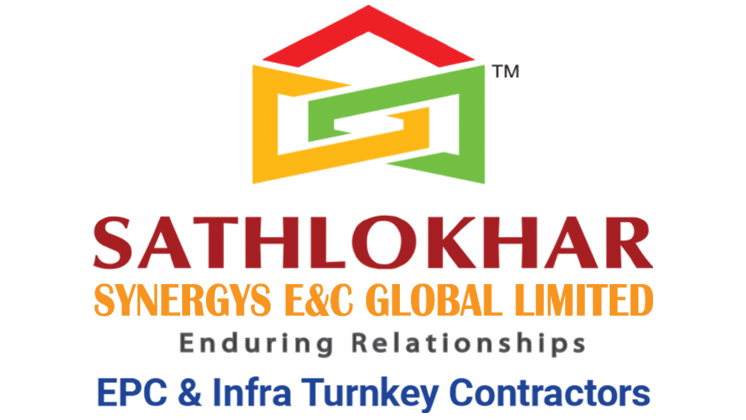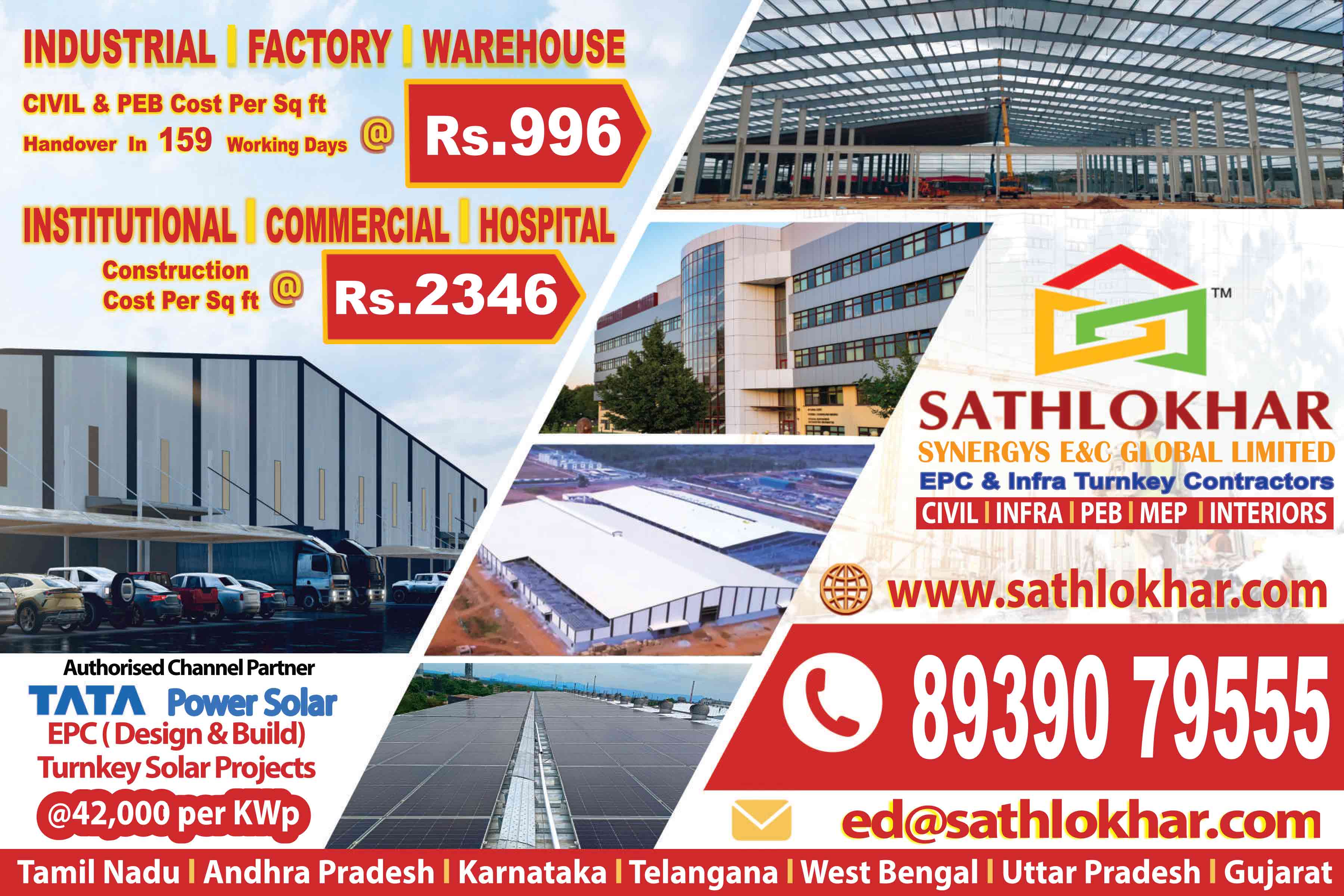EPC Contractors In Mechanical, Electrical, & Plumbing Networks
Engineering, Procurement, and Construction (EPC) contractors are pivotal in successfully integrating mechanical, electrical, and plumbing (MEP) networks for functionality, efficiency, and safety. The EPC contractors in industrial construction companies in Chennai ensure these complex systems are seamlessly integrated into a construction project. This blog highlights how EPC contractors connect with MEP networks, highlighting their indispensable contributions.
Design & Planning Phase Collaboration:
The journey of EPC contractors about MEP networks begins during the design and planning phase of a construction project. EPC contractors collaborate closely with architects and engineers in this critical stage to understand the project’s requirements, objectives, and constraints. This collaborative effort lays the foundation for integrating MEP networks effectively.
EPC contractors offer expertise in evaluating the feasibility of various MEP system designs, considering factors like energy efficiency, sustainability, and compliance with local regulations. They also provide valuable cost estimates and construction schedules, enabling project stakeholders to make informed decisions.
Engineering Expertise:
EPC contractors bring extensive engineering knowledge to the table. They have specialized teams of mechanical, electrical, and plumbing engineers who work in tandem to design and engineer the various components of these systems. These experts ensure that MEP networks are efficient and meet safety standards and environmental regulations. It is to be noted this expertise knowledge is essential for projects performed for warehouse construction companies in Chennai.
Procurement & Material Selection:
The “P” in EPC stands for procurement, and this phase involves the careful selection and acquisition of materials, equipment, and systems required for the project. Regarding MEP networks, EPC contractors are critical in sourcing the right components.
EPC contractors have established relationships with suppliers and manufacturers, allowing them to secure quality materials at competitive prices. It helps in cost control and ensures that the MEP systems are built with high-quality components. They also manage logistics, ensuring materials arrive on-site promptly, preventing construction delays.
Installation & Construction:
During the construction phase, EPC contractors oversee the installation of MEP networks. It involves coordinating with subcontractors, electricians, plumbers, and HVAC technicians. They ensure that the installation meets the design specifications and safety standards.
Quality Assurance & Testing:
Quality assurance is paramount in MEP installations, and EPC contractors take this responsibility seriously. They conduct thorough inspections and testing to ensure all systems function as intended. It includes electrical testing for voltage and current, pressure testing for plumbing, and performance testing for HVAC systems.
Commissioning & Handover:
EPC contractors oversee the commissioning process once the MEP systems are installed and thoroughly tested. It involves fine-tuning the systems to achieve optimal performance and energy efficiency. It also includes training the building’s operators and maintenance staff on managing and maintaining the MEP networks.
Post-Construction Support:
EPC contractors don’t simply walk away after completing the project. They often offer post-construction support to address any issues that may arise. It can include addressing defects, providing ongoing maintenance services, and assisting with upgrades or expansions.
EPC contractors are essential for connecting mechanical, electrical, and plumbing networks in the intricate web of construction projects. Hence, choose Sathlokhar, the best EPC contractor for residential, commercial, and industrial PEB construction company, for your project’s expertise, coordination, and dedication.










